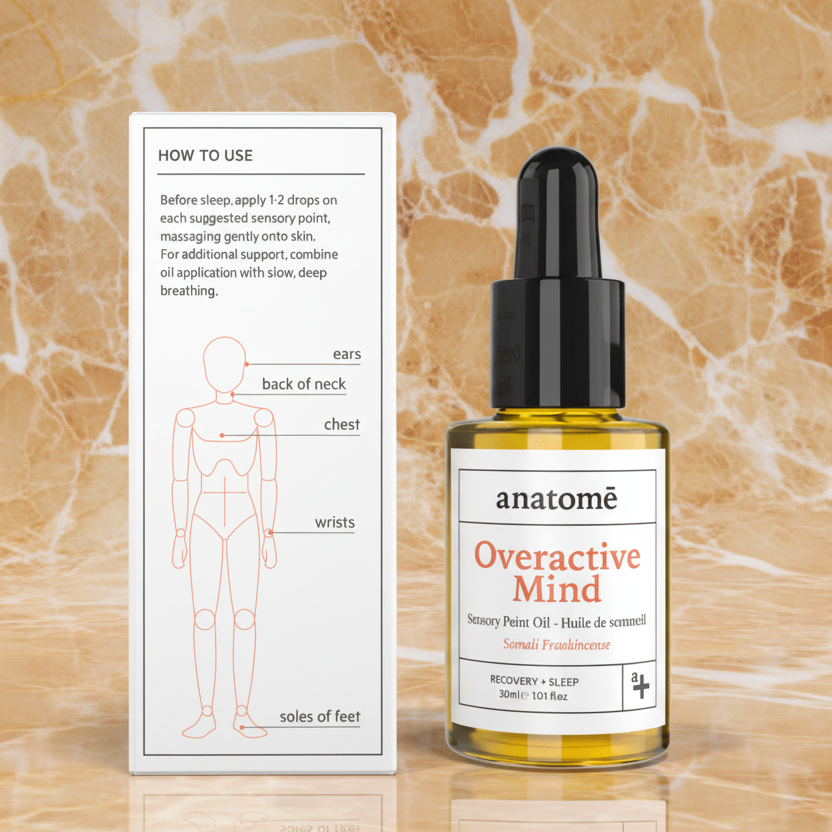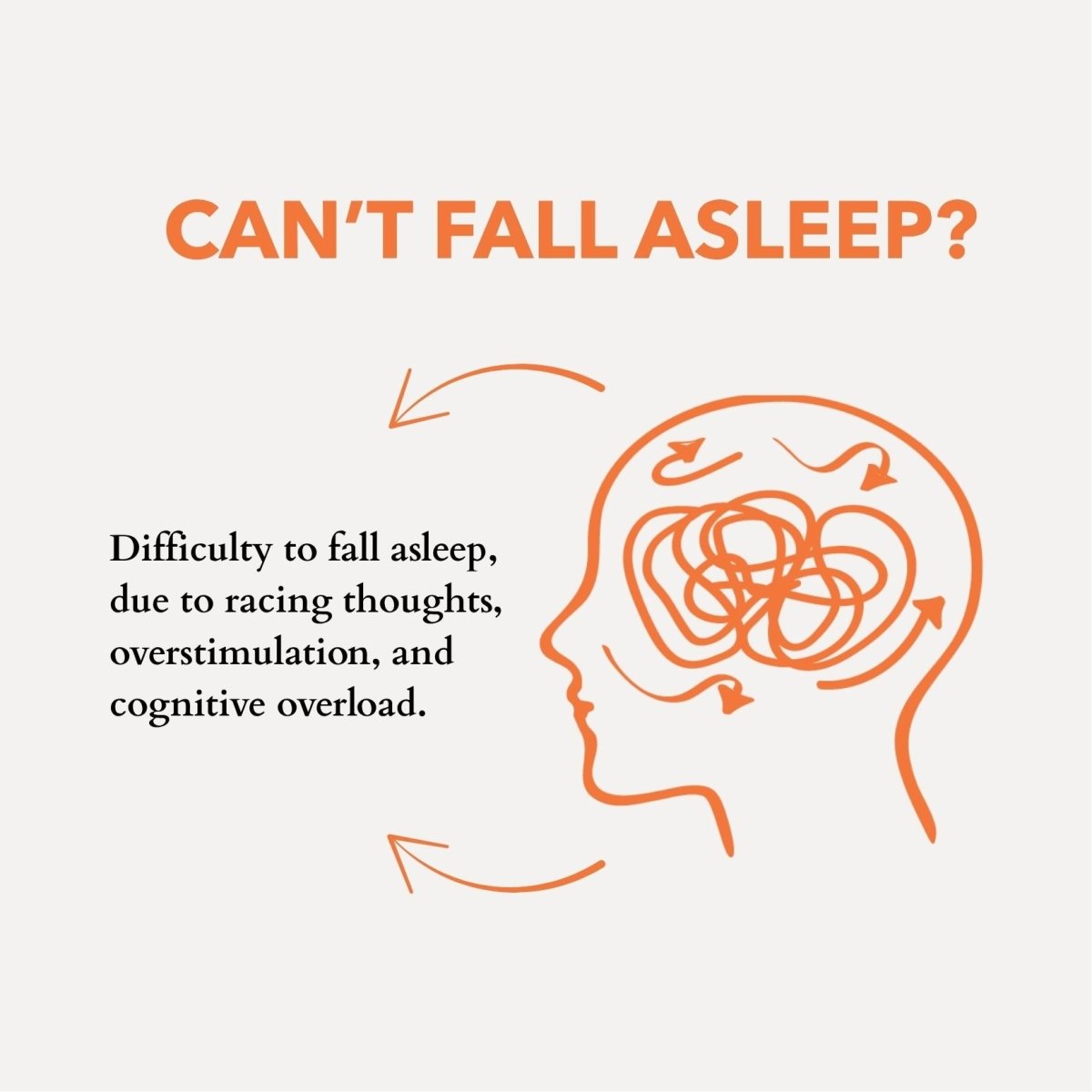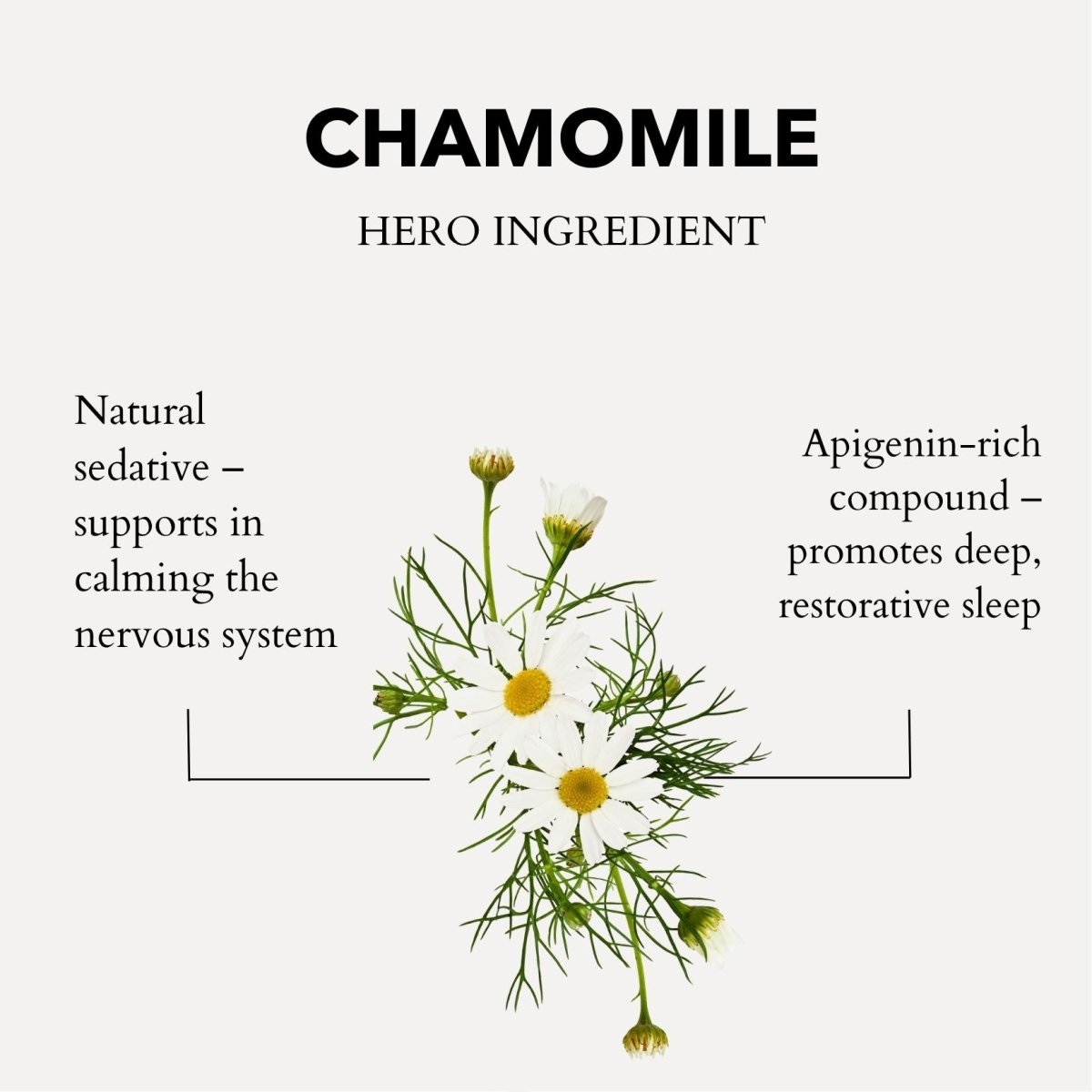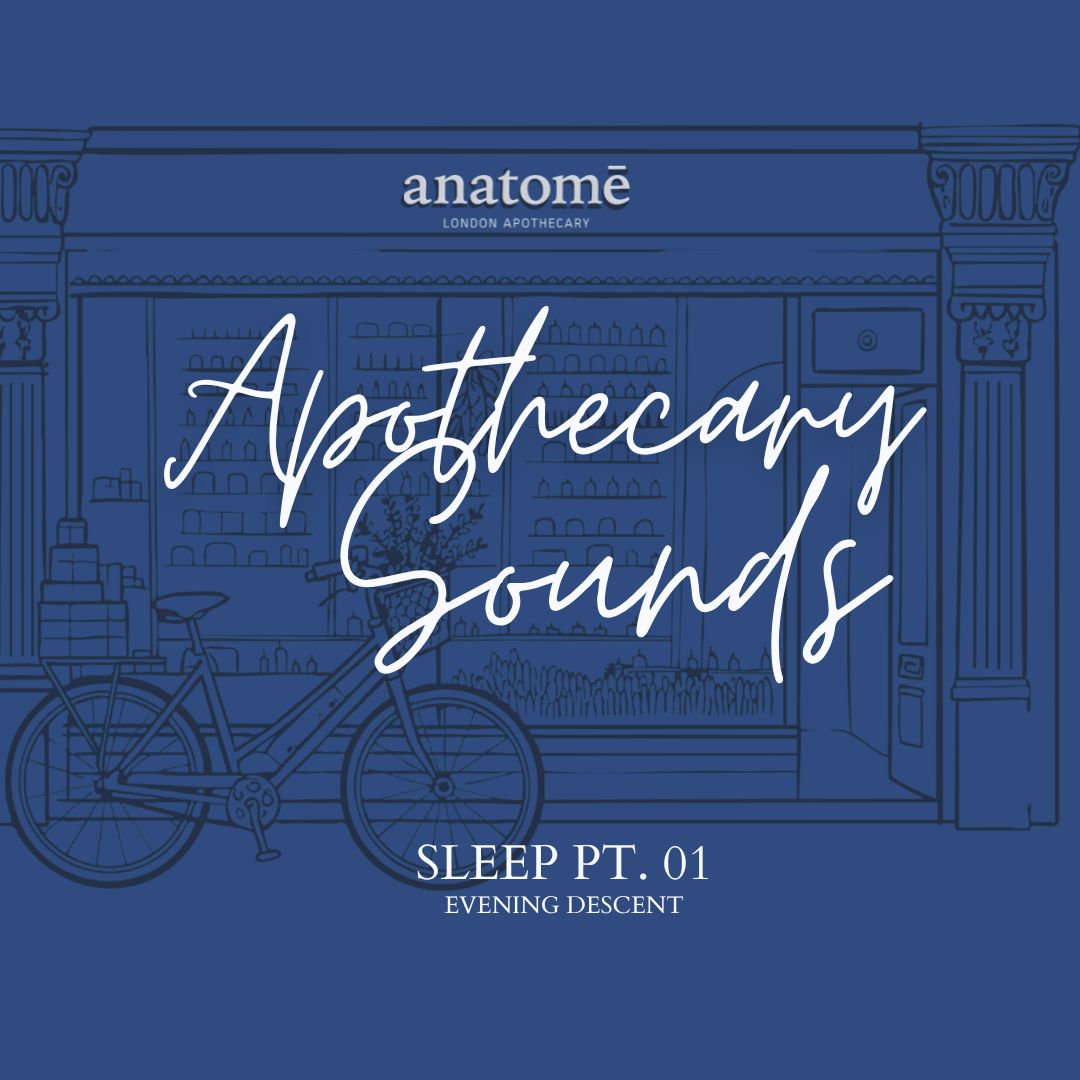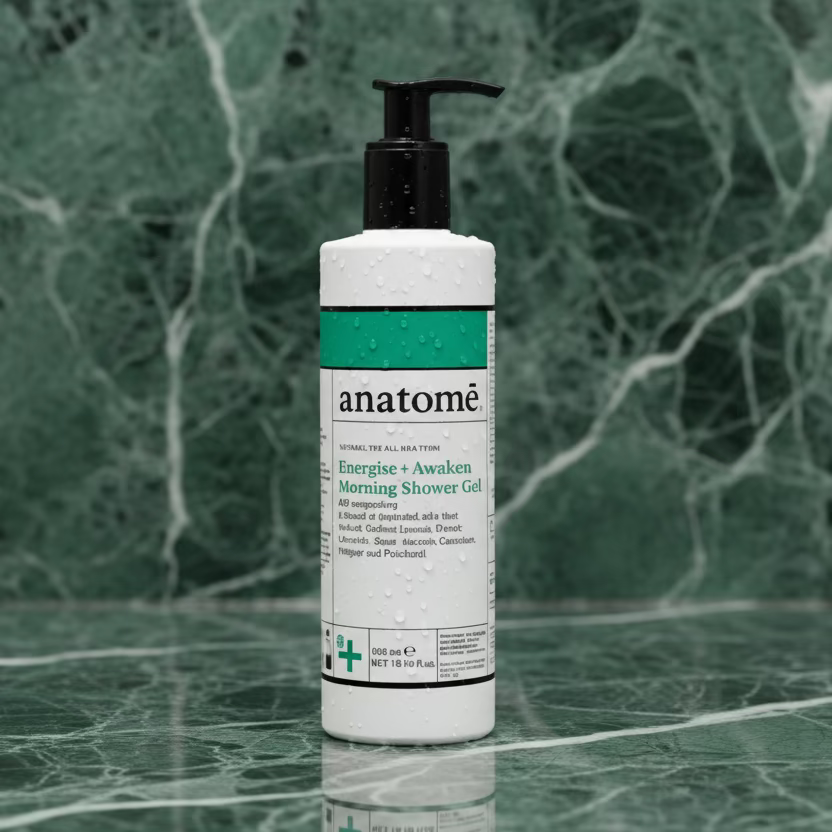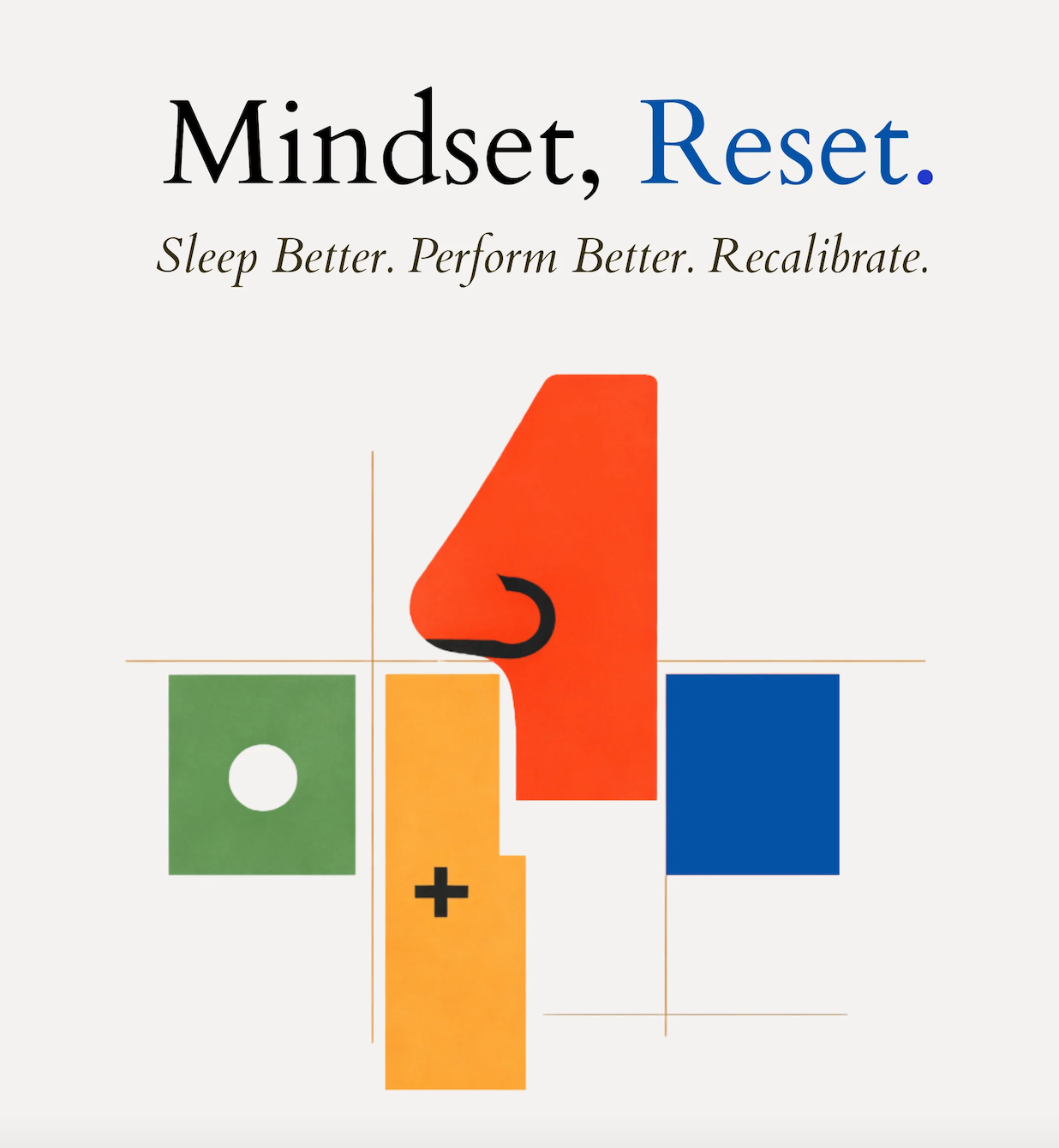Quality sleep is a cornerstone of good health and wellbeing, yet it remains an elusive goal for many. With a myriad of factors disrupting our sleep, from lifestyle choices to medical conditions, it's important to understand that not all sleep problems are created equal. Some might stem from temporary stress, while others could indicate a deeper, underlying sleep disorder.
Recognising the symptoms of common sleep disorders is crucial for taking action and restoring the quality of your sleep. Below, we have provided an overview of some of these disorders and explored how to identify them. We have also touched on how anatomē's range of sleep-enhancing products can help to establish a more restful bedtime routine.
Insomnia
Insomnia is one of the most well-known sleep disorders. It typically manifests as difficulty falling asleep or staying asleep. To identify insomnia, you should note regular episodes of tossing and turning in bed, lying awake for extended periods or waking up frequently during the night. At anatomē, we have a range of sleep products, including sleep oils and pillow sprays, that can be useful in establishing a soothing bedtime routine that may help with mild insomnia.
Sleep Apnea
Sleep apnea is the recurrent interruptions in breathing during sleep. While some of its symptoms may be subtle, lots of people experience loud snoring and abrupt awakenings with a choking or gasping sensation when living with this disorder. If you or your partner notices these signs whilst you’re sleeping, it's essential to consult a healthcare professional for an accurate diagnosis and tailored treatment plan.
Restless Leg Syndrome (RLS)
Restless Leg Syndrome (RLS) is a neurological disorder that induces an irresistible urge to move your legs, especially during periods of inactivity. To identify RLS, keep an eye out for a tingling or creeping sensation in your legs and an overwhelming desire to move them for relief when you’re lying in bed. With their calming properties, the anatomē sleep oils may help alleviate some discomfort associated with RLS.
Narcolepsy
Narcolepsy is a chronic neurological disorder characterised by sudden, uncontrollable episodes of falling asleep. Identifying narcolepsy includes recognising excessive daytime sleepiness and episodes of sudden muscle weakness brought on by strong emotions. If these symptoms persist, don’t hesitate to consult a healthcare specialist for a comprehensive evaluation and some advice to manage this condition.
Parasomnias
Parasomnias encompass a range of unusual behaviours during sleep. These may include sleepwalking, night terrors or vivid nightmares. Identifying parasomnias may involve observing a person engaging in complex activities during their sleep or experiencing intense fear during episodes. In some cases, behavioural strategies, such as maintaining a calming bedtime routine, can help to alleviate parasomnias.
Improving your Sleep Routine
Sleep disorders can significantly impact not just your sleep, but your quality of life and long-term health. By understanding the symptoms and common types of sleep disorders, you'll be better equipped to identify any disruptions in your own sleep patterns. Alongside professional guidance, anatomē's sleep-enhancing products can help to improve your bedtime routine and ease mild sleep disturbances.
Explore the anatomē website today to learn more about our botanical blends and how they can impact your sleep. Many of our essential oils can be used on the skin’s key sensory points just before bedtime or in a warm bath. You can also use them to scent your personal space by adding them to a diffuser. If you have any questions, our experts are on hand to help.

